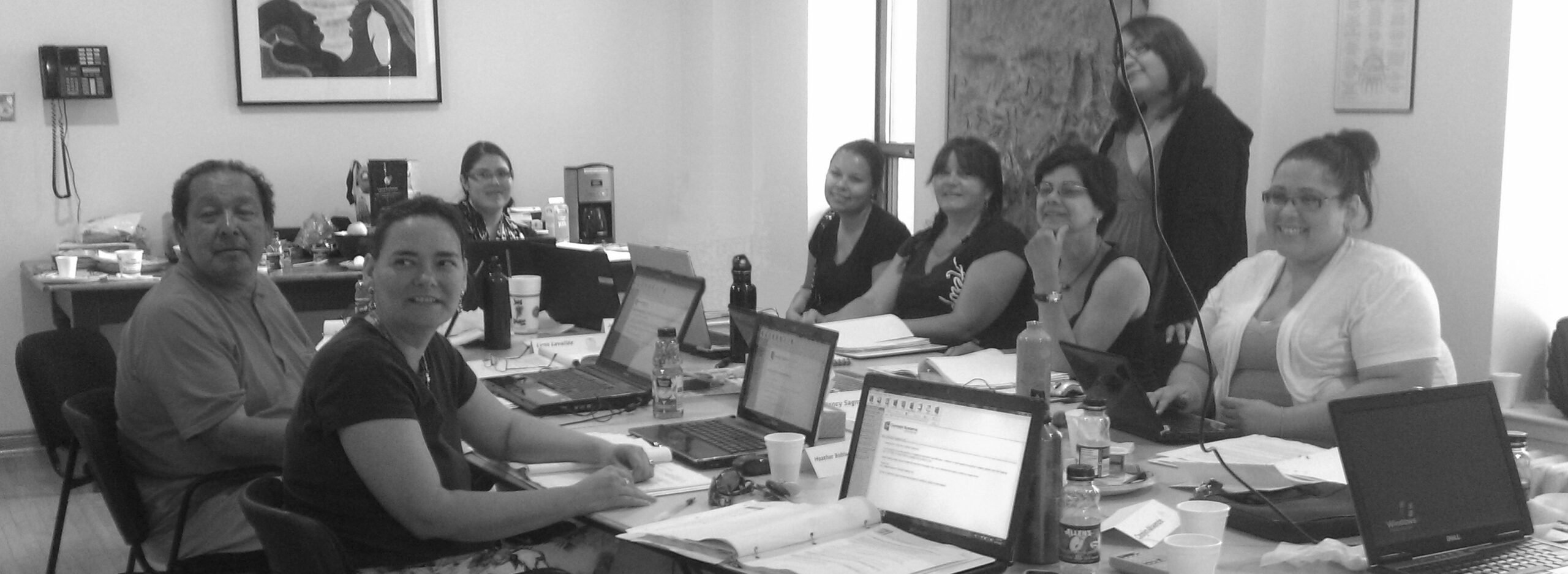-
PhD Candidate Adrianne Daggett Awarded NSF Doctoral Dissertation Improvement Grant
The Department of Anthropology is very pleased to announce that Adrianne Daggett (PhD Candidate) has just been awarded an NSF Doctoral Dissertation Improvement Grant for her project titled “Early Iron Age Social and Economic Organization in Sowa Pan, Botswana.” Adrianne will conduct archaeological survey and excavation at two sites near the present-day village of Mosu in […]
-
Dr. Monir Moniruzzaman infiltrates illegal organ trafficking market
EAST LANSING, Mich. — A Michigan State University anthropologist who spent more than a year infiltrating the black market for human kidneys has published the first in-depth study describing the often horrific experiences of poor people who were victims of organ trafficking. Monir Moniruzzaman interviewed 33 kidney sellers in his native Bangladesh and found they […]
-

Anthropology Grad Students Julie Fleischman & Nick Passalacqua Receive Awards at AAFS Conference
Two anthropology graduate students were honored at the Annual Meeting of the American Academy of Forensic Sciences (AAFS) February 21-25, 2012 in Atlanta, GA. Anthropology graduate student Julie Fleischman received the J. Lawrence Angel award from the Physical Anthropology section of the American Academy of Forensic Sciences for her paper “An Evaluation of the Chen et al. Pubic Aging Method on […]
-
Professor Emeritus Iwao Ishino Passes Away
The Department of Anthropology is saddened to report that Professor Emeritus Iwao Ishino, former chair of the Department of Anthropology, passed away on Tuesday, February 28th at the age 90. A memorial reception will be held at the MSU University Club at 2:30 pm on Friday March 2.
-
PhD Candidate Tazin Karim Awarded Wenner-Gren Dissertation Fieldwork Grant
The Department of Anthropology is very pleased to announce that Tazin Karim, doctoral candidate in the medical anthropology program, was recently awarded the Dissertation Fieldwork Grant from The Wenner-Gren Foundation for Anthropological Research. This grant will fund her ongoing project which looks at the circulation and use of ADHD medications among US college students. Studies […]
-
MSU News Features “How to ‘Hack’ Grad School”
EAST LANSING, Mich. — Just six months after launching, a virtual forum started by a group of Michigan State University graduate students has become the first of its kind to contract with a leading higher-education publication. GradHacker.org was started by grad students Katy Meyers and Alex Galarza to help their cohorts “hack” grad school one blog […]
-
The Detroit Free Press Features the Michigan State University Nubian Bioarchaeology Laboratory
The Detroit Free Press recently featured the Michigan State University Nubian Bioarchaeology Laboratory, which houses over 400 medieval Nubian skeletons on loan from the British Museum. A team of graduate students from MSU joined the archaeological excavation in Sudan before the completion of the Merowe Dam, which flooded the region. Graduate and undergraduate researchers, interns, […]
-

Heather Howard Receives Grant to Study Diabetes in First Nations Communities
In 2010-2011, Dr. Howard led a collaborative research project with the One Nation in Unity Youth Program of the Native Canadian Centre of Toronto and local Aboriginal diabetes educators to gather the perspectives of Aboriginal persons living with diabetes in Toronto, and of providers of health and social services which impact diabetes prevention and management […]
-
2012 Morton Village Fieldschool Currently Accepting Applications (Deadline 4/27/12)
The Morton Village Fieldschool is current accepting applications – with a deadline of April 27th, 2012 The MortonVillage Fieldschool focuses on the Morton Village Site, a late prehistoric village in the central Illinois River Valley near Lewistown, Illinois. This cooperative project with the Illinois State Museum focuses on the A.D. 1300-1400 community associated with a period […]
-
GSA’s Silent Auction
The GSA is looking for awesome, unusual, and/or beautiful treasures to feature in this year’s Silent Auction. If you would like to donate a treasure, please bring the item to 412 Baker Hall anytime between 9-5pm on Tuesdays and Thursdays or contact Sylvia (deskajsy@msu.edu) to make other arrangements. We need your donations to make this […]